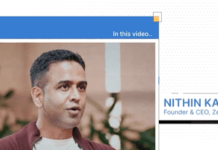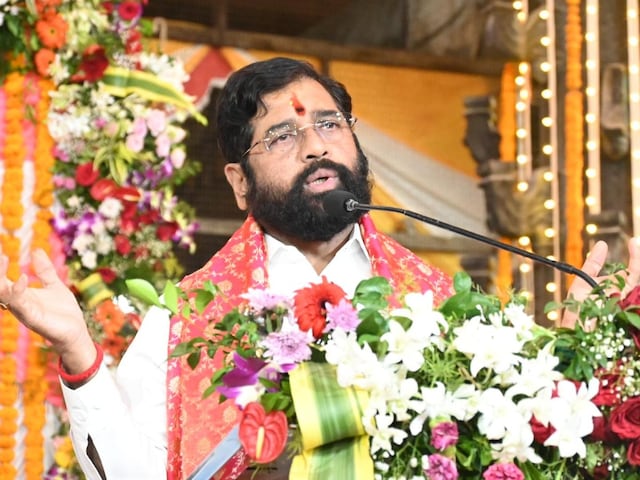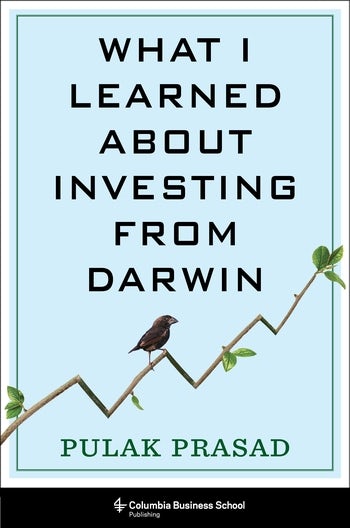March 31 – the last date to make tax-saver investments for the financial year 2023-24 – is approaching fast.
Procrastinators cannot hope to delay taking action on this front any further, lest they lose out on the opportunity to reduce their tax outgo by tapping avenues such as equity-linked saving schemes (ELSS), National Pension System (NPS) under section 80C and health insurance premiums under section 80D.
Also read: Has the new income-tax regime killed tax-saving mutual funds? Not yet, but…
However, unless you handle the process with care, the rush to meet the deadline could result in mistakes that you could come to regret for years.
Here’s a list of dos and don’ts that can help you steer clear of some common pitfalls.
Check existing 80C investments before investing
Before you shortlist tax-saver investments, check if you even need to make any. Assuming you had chosen the old, with tax-exemptions regime when you filed your proposed investment declarations in April 2023, your employer would have already taken your employees’ provident fund (EPF) into account while computing your tax liability.
So, a part of the Rs 1.5-lakh 80C limit would already be factored in. For instance, if your EPF contribution during the year amounted to Rs 80,000, you will only need to take care of the balance Rs 70,000. Before identifying instruments where you can invest this Rs 70,000, check your children’s school fee receipts. The tuition fee component is also eligible for deduction under section 80C. Likewise, your ongoing life insurance policy premiums or public provident fund (PPF) contributions.

Also read: Budget 2024: How children’s tuition fee can help save on taxes under old regime with minimal effort
Invest now, do not wait until March 31
“Despite the increase in financial awareness over the years, even today, some highly educated, financially savvy individuals end up postponing this task to March. In many cases, the reason is often tight schedules which do not permit them to execute their plans. Then, there are freshers who may not always know how to identify suitable instruments,” says chartered accountant Nitesh Buddhadev, Founder, Nimit Consultancy. Many spring into action only in February or March.
“Some realise the gravity of the matter only after they see the huge tax impact on their salaries in February. Then, they are in a hurry to complete the process and end up making mistakes,” he says, adding that many opt for public provident fund (PPF), which come with 15-year tenure or tax-saver fixed deposits (five-year lock-in) in such cases without figuring out if these instruments can help them achieve their larger financial planning goals.
Then, you have to be wary of technical glitches if you wait until March 31. “I have seen many make this mistake. You would not want such glitches on investment portals to derail your plans and, therefore, the opportunity to reduce tax payable,” says Nisreen Mamaji, Founder and Financial Planner, Moneyworks Financial Services.
Focus on the lock-in periods of 80C avenues
All section 80C instruments come with lock-in periods, but some carry really long tenures – for instance, PPF (15 years), Sukanya Samriddhi Account (till the girl turns 18), NPS (maturity at the age of 60 years), tax-saver fixed deposits (five years) and so on.
Therefore, you should ascertain your short-term and long-term goals, risk tolerance and investment horizon before you commit to long-term products. Remember that such instruments cannot be liquidated in times of emergencies. “ELSS funds come with the shortest lock-in period of three years. Although the returns are market-linked and hence risk tolerance needed is higher, they can help build wealth and boost your retirement corpus if you stay invested over the long term,” says Mamaji.
On the flip side, ELSS funds carry market risk, so you need to be able to stomach market fluctuations in the interim before investing.
Do not buy life insurance in a hurry
You should not buy an insurance-cum-investment policy just to save on taxes, though the process can be completed easily with the distributors being more than willing to help you fill up the proposal form (which should never be the case), complete other paperwork and facilitate policy issuance promptly.

“Before choosing a product that requires long-term, recurring payment commitment, you must figure out if you would need it after, say, five years. What if you decide to buy a house and need the funds then?,” says Buddhadev.
According to him, financially savvy taxpayers do shun insurance-cum-investment products, yet end up making mistakes, even when they buy must-have, indispensable policies like pure risk term covers. “They look at term insurance, especially if the deduction amount to be exhausted (post, say, EPF contribution) is small. However, instead of computing the ideal sum assured and choosing a policy accordingly, they merely look at this ‘gap’ in tax savings that they need to plug. As a result, they could end up with life insurance coverage that is not adequate,” says Buddhadev.
Also read: Budget 2024: Tax deductions for medical purposes should be liberalised, say experts
Buy adequate health insurance
Like term insurance, having sufficient health insurance cover in place for yourself and your family, including elderly parents, is an absolute must in times of soaring healthcare inflation. Again, the key is to buy adequate coverage and not just to cut tax liability.
Section 80D offers tax deduction of up to Rs 25,000 on health insurance premiums paid for self, wife and kids, and another Rs 25,000 for parents (up to Rs 50,000 for senior citizens). “Some are even pre-paying three years’ premium at one go (which helps cap premium increase for three years besides ensuring discounted rates). Such individuals should remember that they can claim such tax deduction over three years, in installments.

Younger individuals can look at this route as they are unlikely to need to go through medical tests. Hence, the process can be completed relatively quickly,” says Buddhadev.














